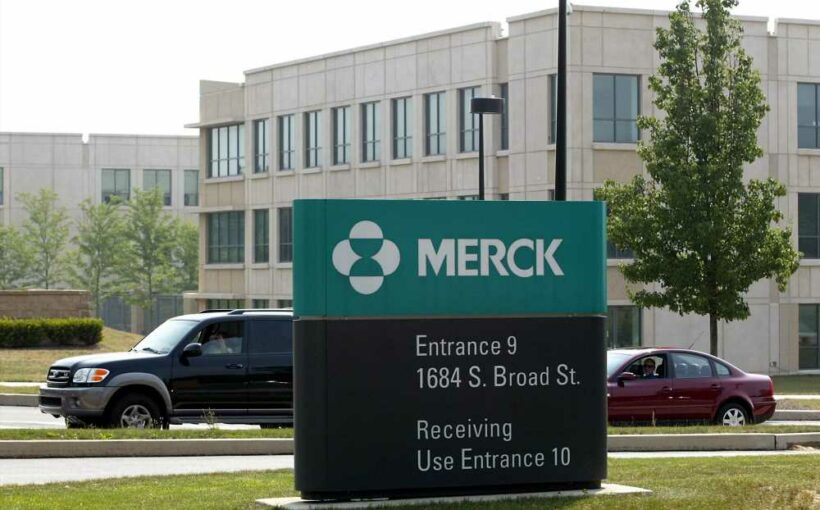More On:
COVID vaccine
World’s richest people gained enough wealth to buy COVID vaccines for everyone
NYC set to get another ‘paltry’ amount of COVID-19 doses this week
Plan to turn Citi Field into COVID vaccine site may now be up in the air
Fauci warns new COVID strain could be deadlier
Merck is shutting down development of its coronavirus vaccines after clinical research produced disappointing results, the drugmaker said Monday.
Early-stage studies found that Merck’s two experimental shots produced immune responses that were “inferior” to those generated by other COVID-19 vaccines, the company said.
The vaccine candidates also provoked immune responses weaker than those seen after someone is naturally infected with the virus even though the shots were “generally well tolerated,” according to a Merck news release.
Merck’s stock price dropped 1.2 percent on the news to $80.00 in premarket trading as of 8:02 a.m.
Merck said it will now focus its anti-pandemic efforts on researching and producing two COVID-19 treatments that it has in the pipeline.
The New Jersey-based pharma giant reached a $356 million deal to supply the US government with one of those drugs, known as MK-7110, which has been shown to reduce hospitalized coronavirus patients’ risk of death or respiratory failure by more than 50 percent.
Merck is also conducting clinical trials for an antiviral drug known as Molnupiravir. Those studies are expected to wrap up in May, and data on the drug’s effectiveness should be available in the first quarter of this year. Merck said it will announce those results publicly if they are “clinically meaningful.”
“We are grateful to our collaborators who worked with us on these vaccine candidates and to the volunteers in the trials,” Dr. Dean Y. Li, president of Merck Research Laboratories, said in a statement. “We are resolute in our commitment to contribute to the global effort to relieve the burden of this pandemic on patients, health care systems and communities.”
Merck was working on a one-dose coronavirus vaccine like the one developed by Johnson & Johnson, which is expected to ask the feds to clear its shot for emergency use in the coming weeks. Two-dose vaccines from Pfizer and Moderna have already won such approvals in the US.
One of Merck’s vaccines used a so-called vesicular stomatitis virus to deliver the coronavirus spike protein to the body and provoke an immune response. The company used the same technology in its Ebola vaccine, which was the first of its kind approved for use in humans.
Merck’s other vaccine candidate used a measles virus as a Trojan horse to trigger an immune response to COVID-19.
Share this article:
Source: Read Full Article
